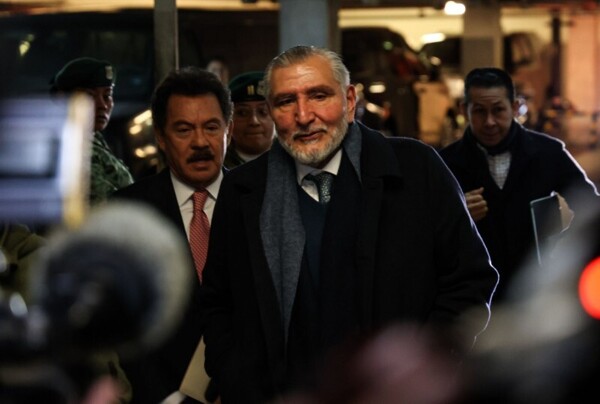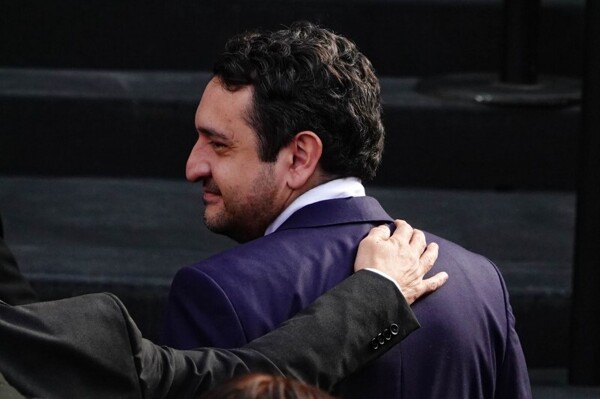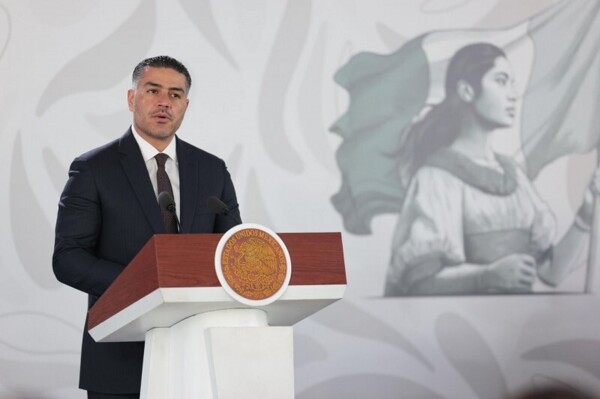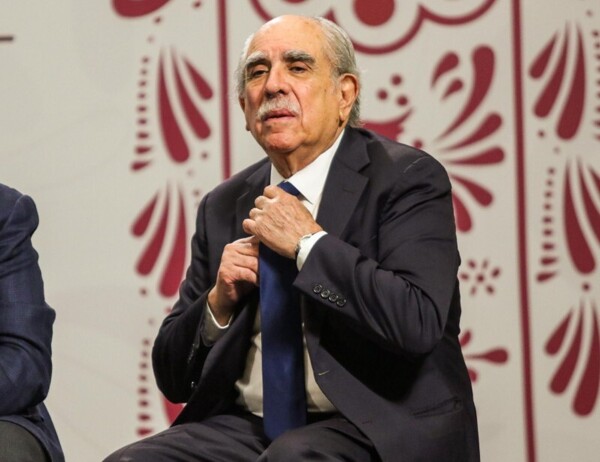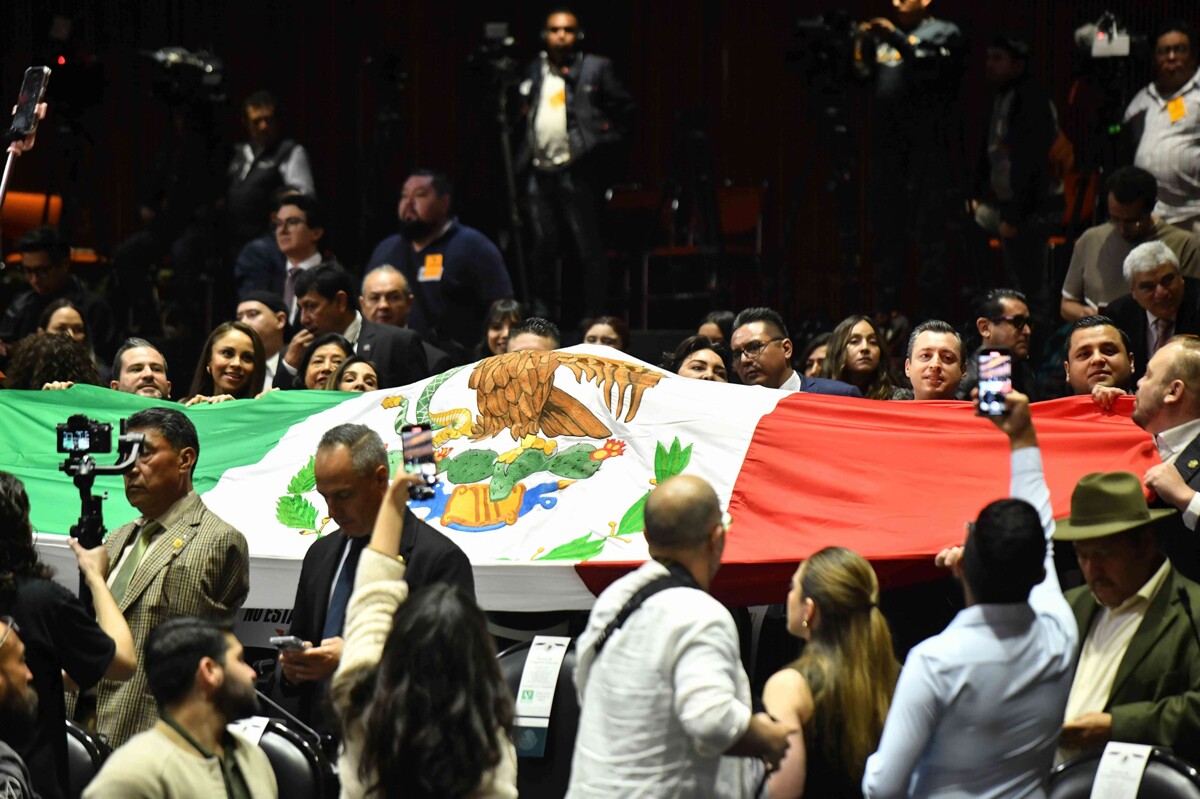
Democracy in Mexico has not failed, but there are critical voices, such as that of former president Zedillo and analysts, that could damage the perception the population has about the country's democratic system. Despite this, presidential approval remains high, exceeding 80%, partly motivated by Trump's attacks, a less polarizing image of the current president, and good economic expectations.
In the Mexican political scene, Movimiento Ciudadano has surpassed the PRI and PAN. While social policy and the increase in average wages influence perceptions, the expectation of a 40-hour workweek contributes to social good humor. There is a need to rethink Western representative democracy, as well as to review economic policy to combat poverty and inequality.
In Spain, right-wing sectors such as the Popular Party and the far-right Vox have announced the death of democracy in light of certain political decisions. However, in Mexico, the president has a better-rated image than her party, while critical electoral preferences remain present even if not captured by current leaderships.
Researcher Lorena Becerra pointed out that a large part of the population perceives an improvement in their personal economy, which influences approval of the government. The quality of democracy depends on various factors, such as the management of power by the Executive, the quality of the opposition, and the general perception of the population.
In other countries like France and Italy, significant political movements reflect polarization and the struggle for power. Despite the challenges and criticisms, democracy in various countries, including Mexico, remains alive and in constant evolution, although it needs to be rethought and strengthened in important aspects. Continuous reflection and debate are essential to ensure its relevance and adaptation to societal changes.











